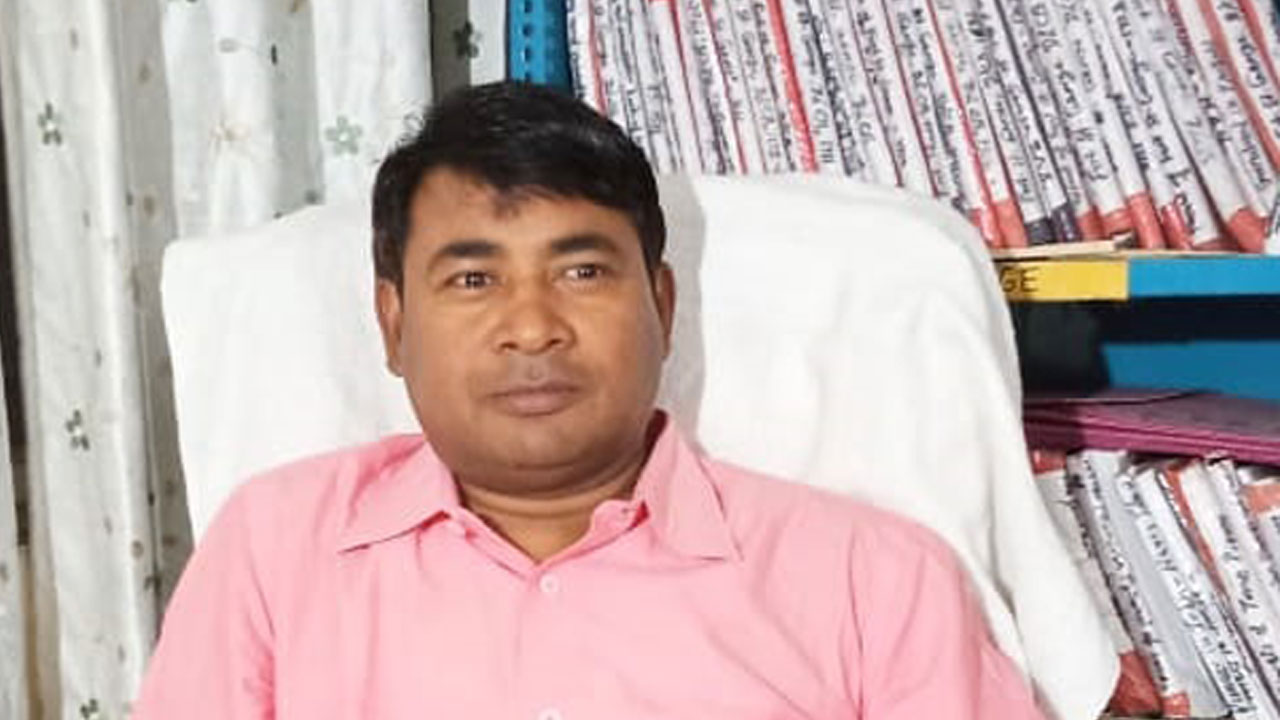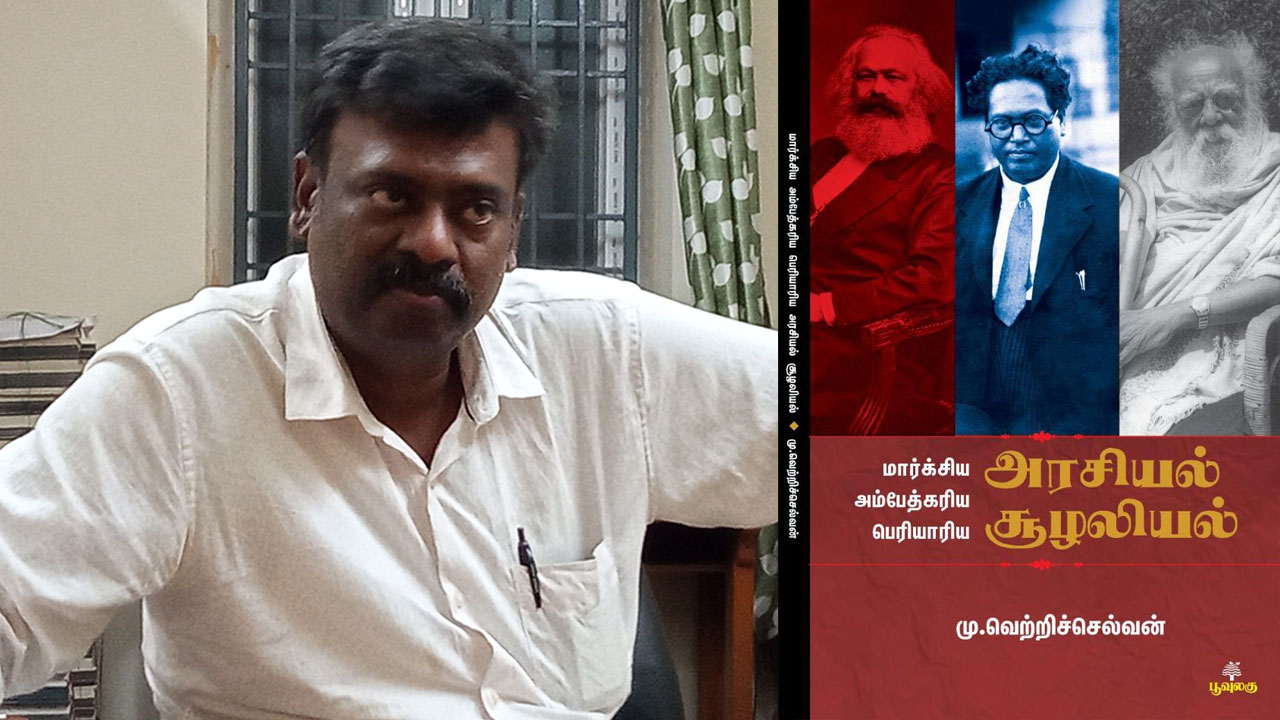On 7 February 2020, a Supreme Court Bench comprising Justices L. Nageswara Rao and Hemant Gupta ruled on a special leave petition of the Uttarakhand government that challenged the high court’s verdict in a case filed by some of its Scheduled Caste employees against it. The then Congress state government had decided on 5 September 2012 that Scheduled Caste and Scheduled Tribe candidates for posts in public services of the state would no longer be granted reservation. The Scheduled Caste employees approached the High Court, which struck down the directive of the state government. When the then Bharatiya Janata Party (BJP) state government sought a review of the judgment, the High Court backtracked saying that while the state government is not obligated to provide reservation to Scheduled Castes and Scheduled Tribes in promotion, it is obligated to collect data to ascertain inadequacy of representation of Scheduled Castes and Scheduled Tribes in the public services of the state to decide whether reservation is needed. The High Court gave the state government four months to collect the data. That is when the state government moved the Supreme Court, arguing that there is no fundamental right to claim reservation in appointments or promotions to public posts; that there is no constitutional duty on the part of the State Government to provide reservations; and that Article 16 (4) and 16 (4-A) are merely enabling provisions.
Related Articles
Dalit reading of 1857 mutiny
The Brahmin scholars who called the 1857 mutiny the first freedom struggle and dreamt of an ‘Akhand Hindu Bharat’ or the ‘undivided Hindu India’...
Prof Vikram Harijan: I learnt early in life what it means to be a Chamar
‘I was born under the shadow of a caste system and tradition in which I was considered not a human, but an animal. Humans...
What Marxist-Ambedkarite-Periyarite environmentalism would look like
Advocate Vetriselvan, associated with the anti-nuclear Koodankulam struggle, talks about Periyar’s thinking on the alienating and stifling effect of caste, religion and nationalism on...
Film ‘Origin’ effectively conveys the lived experiences of discrimination and oppression
Unlike many Indian filmmakers who resort to the convenient excuse of ‘unavailable suitable actors’ to justify casting ‘upper-caste’ actors in Dalit roles, Ava DuVernay...
Films of 2023: Some (social) reality check amid a generous helping of patriotism and mythology
The anti-caste films collectively demonstrate the potential of cinema to dismantle harmful stereotypes and reconstruct Dalitbahujan identities. They empower viewers to engage with cinematic...





